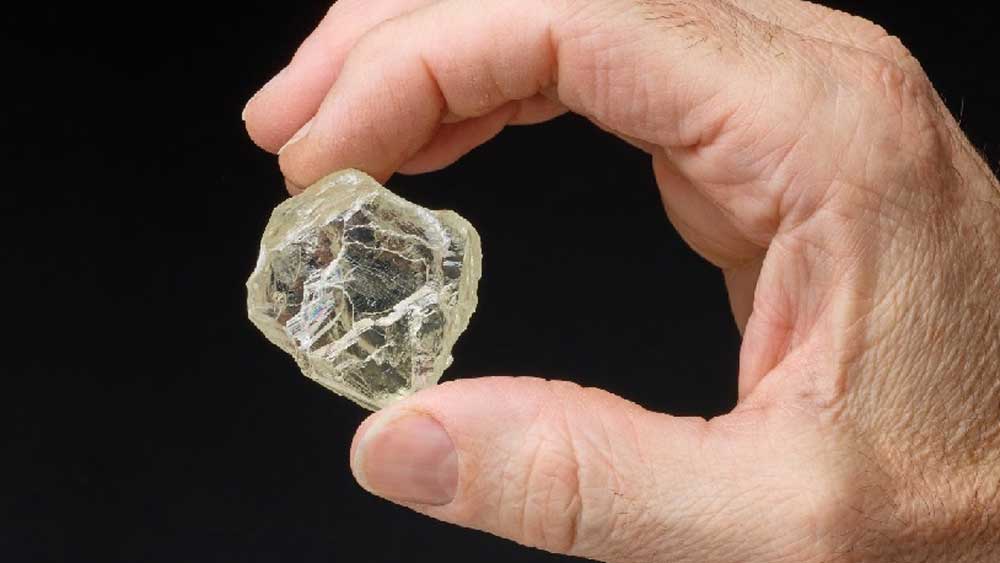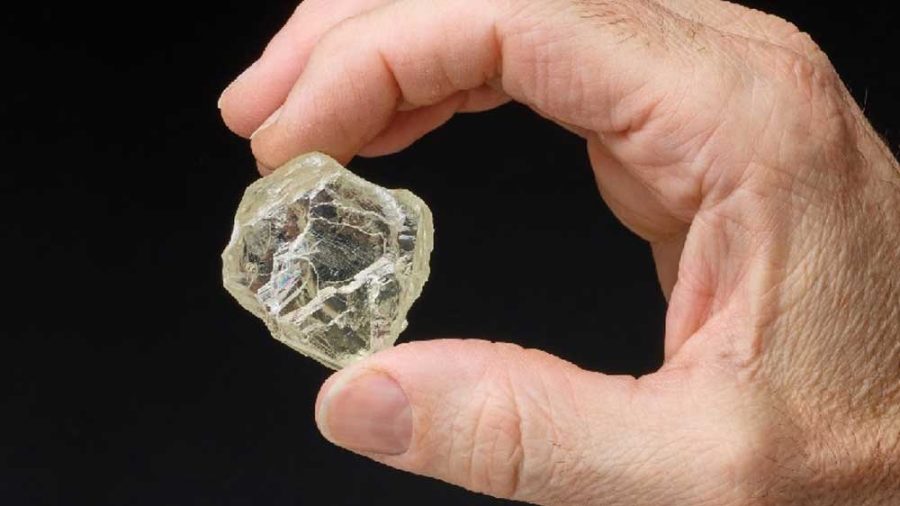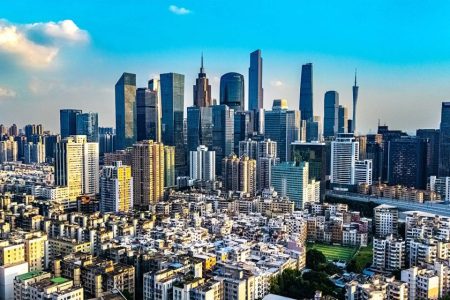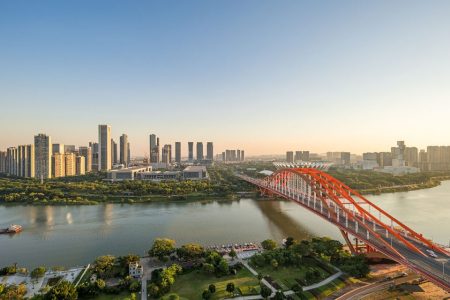The Executive Council announced yesterday that the government has drafted a bill which – if approved by lawmakers – would enable Macau to implement the Kimberley Process Certification Scheme (KPCS), which then would allow Macau to import rough diamonds.
Leong Heng Teng, spokesman for the government’s top advisory body, made the announcement during a press conference at Government Headquarters Thursday.
The bill will be submitted in due course to the Legislative Assembly (AL) for debate and vote.
The Kimberley Process Certification Scheme is the process established and implemented in 2003 to prevent “conflict diamonds” from entering the mainstream rough diamond market, based on UN General Assembly Resolution 55/56. The process was set up to ensure that diamond purchases are not financing violence by rebel movements and their allies seeking to undermine legitimate governments.
In order for a country or region to be a member of the scheme, it must ensure that any imported rough diamond was not used to finance a rebel group or other entity seeking to overthrow an UN-recognised government, and that no rough diamond is imported from, or exported to, a non-member of the scheme.
Under the scheme, every rough diamond export must be accompanied by a Kimberly Process certificate issued by the government entity tasked with supervising the trade of the exporting country or region. Under the scheme, the government of the country or region importing rough diamonds must verify each Kimberly Process certificate first before allowing their import.
China has been a member of the Kimberley Process Certification Scheme since 2003. In October last year, the local government signed an agreement with the General Administration of Customs in Beijing to support Macau in implementing the Kimberley Process Certification Scheme. Hong Kong has implemented the scheme since 2003.
Leong noted that there is currently no trade in rough diamonds in Macau. He said that the bill would allow Macau to prepare to become an international centre for the trade in rough diamonds in the future.
Also addressing the press conference, Economic Services Bureau (DSE) Director Tai Kin Ip confirmed that Macau currently does not import any rough diamonds and only imports polished diamonds, adding that Macau imported polished diamonds worth 20 million patacas last year.
Tai said that members of the Kimberley Process Certification Scheme currently account for 99.8 percent of the global trade value of rough diamonds. He noted that Belgium, Dubai and Israel are among the world’s major rough diamond transaction centres, adding that Shanghai already has a rough diamond transaction centre.
Tai said that the proposed legislation would help Macau develop a rough diamond trade sector, adding that the trade would also help Macau give full play to its role as a business-service platform between China and Portuguese-speaking countries (PSCs), as some of the PSCs are among the top producers of rough diamonds.
The bill proposes that rough diamonds imported by Macau originating from a particular country or region must be accompanied by a certificate issued by that country or region’s external trade authorities. The bill proposes that rough diamonds exported by Macau must be accompanied by a certificate issued by the Economic Services Bureau, according to Leong.
According to the bill, any businessperson in Macau engaging in the import, export, intermediary trade, sale and transport of rough diamonds must obtain a licence from the local government. The bill proposes a two-year transition period.
The bill authorises the Macau Customs Service to verify rough diamonds, according to Leong.
The government proposes that the bill become law on October 1 this year, Leong said.
However, the bill must first be debated, reviewed and passed by the legislature before it can become law.
According to international trade statistics, Russia, Botswana and the Democratic Republic of the Congo (DRC) are the world’s top exporters to rough diamonds. Angola is the number-one exporter of rough diamonds among the world’s eight Portuguese-speaking countries (PSCs).(Macaunews)






